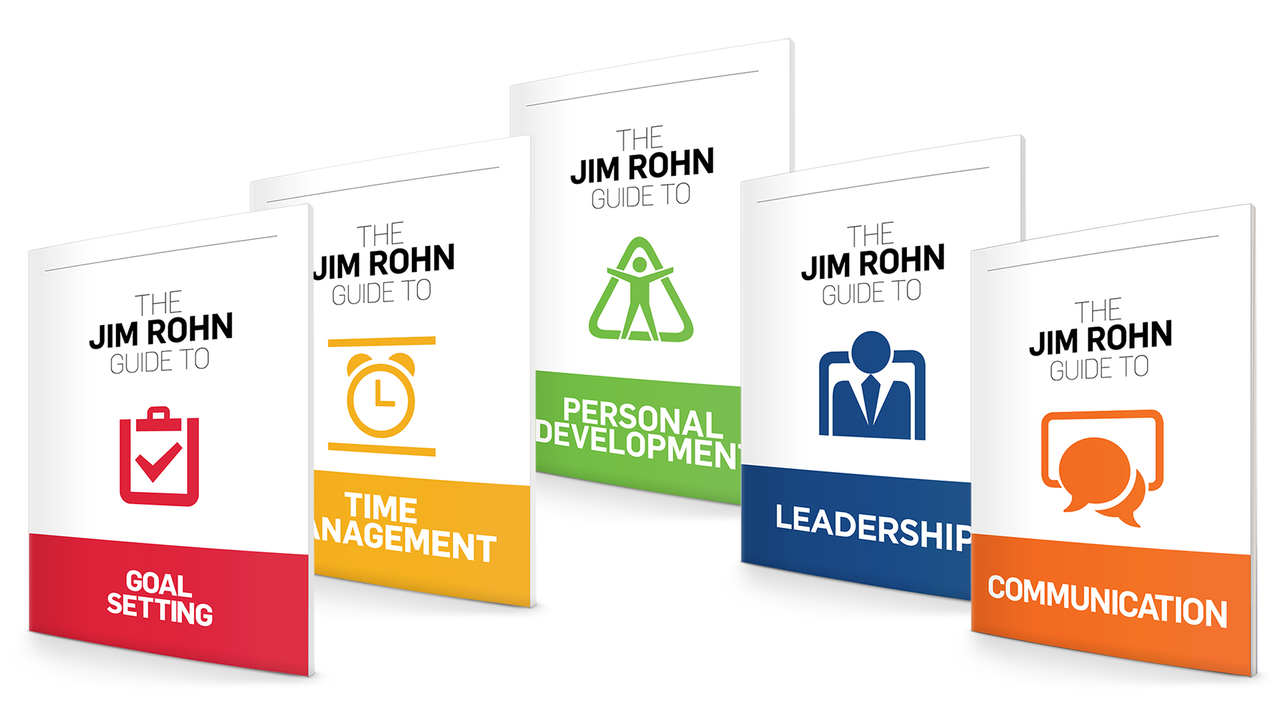
Trends & Insights
Success News: Top Business Trends and Insights

Business & Branding
Brand Success Factors: What Makes Companies Win in 2026

Entrepreneurship
The 2026 Founders’ Guide to Salaries

Professional Growth
Career Tips for Young Professionals That Earn Respect

Longevity & Performance
A Hidden Leadership Thief: The Blood Sugar Blind Spot Draining Executive Brainpower
Current Issues

MARCH / APRIL 2026
THE INTELLIGENCE ISSUE
Featuring: Mayim Bialik
SCIENTIST, ACTOR AND PODCASTER DRIVING WELLNESS FORWARD
Buy the Latest Issue
JANUARY 2026
THE GUIDE TO REINVENTION
Featuring: Amy Porterfield
THE MULTIMILLION-DOLLAR PIVOT: THE ART OF SCALING BACK TO SCALE UP
Read Free on SUCCESS Labs™Never Miss an Issue
Subscribe NowCategories
Explore What Drives Success
From AI-powered strategies to wealth-building fundamentals, leadership insights to entrepreneurial fire — dive into the topics that matter most to your growth.
AI & Technology
View All →
AI & Technology
How AI Influencers Generate Millions Per Year

AI & Technology
How to Use ChatGPT (Free Version Features vs. Paid)
Business & Branding
View All →
Business & Branding
Brand Success Factors: What Makes Companies Win in 2026

Business & Branding
The Power of Patience: Gap Inc.’s Second Mover Advantage
Longevity & Performance
View All →
Longevity & Performance
A Hidden Leadership Thief: The Blood Sugar Blind Spot Draining Executive Brainpower

Longevity & Performance
The Dopamine Trap—the Rarely Discussed Source of Burnout Developers Face in an AI Age

Longevity & Performance
Why a Sleep Retreat Could Be the Most Strategic Move a Leader Can Make
Professional Growth
View All →
Professional Growth
Career Tips for Young Professionals That Earn Respect

Professional Growth
How to Network With LinkedIn ‘Coffee Chats’ in 2026

Professional Growth
A Blueprint for Success: Dean and Lisa Graziosi’s Winning Formula
The SUCCESS Store
Invest in Your Next Level

Jim Rohn Book Bundle
The complete Jim Rohn collection — timeless wisdom on success, wealth, and personal development.
$97.00$181.69

The Jim Rohn Guides Complete Set
The full collection of Jim Rohn's practical guides on goal setting, communication, and leadership.
$18.71

The Five Major Pieces to the Life Puzzle
Jim Rohn breaks down the five key areas that determine your quality of life.
$24.99
Culture & Workplace
View All →
Culture & Workplace
A Remote Team Became 40% More Engaged With This Meeting Tool

Culture & Workplace
How to Unplug From Technology at Work—A Guide for Brands & Leaders

Culture & Workplace
Gen Z Doesn’t Want Feedback—They Want Coaching
Entrepreneurship
View All →
Entrepreneurship
The 2026 Founders’ Guide to Salaries

Entrepreneurship
Women Who Build, Women Who Bond

Entrepreneurship
How to Become a Life Coach in 2026—The Path to Certification
Trends & Insights
View All →
Trends & Insights
Success News: Top Business Trends and Insights

Trends & Insights
Why Leaders and Employees Are Afraid of AI—and What to Do About It

Trends & Insights
The Brand Move Apple, Duolingo, and Lego Refuse to Make

World-class keynote speakers for your next event, summit, or conference.

Anne Grady
Author

Jen Gottlieb
Branding

Trent Shelton
Branding
Stay Connected
Get weekly insights on leadership, growth, and the future of work delivered to your inbox.
Subscribe to the Newsletter











